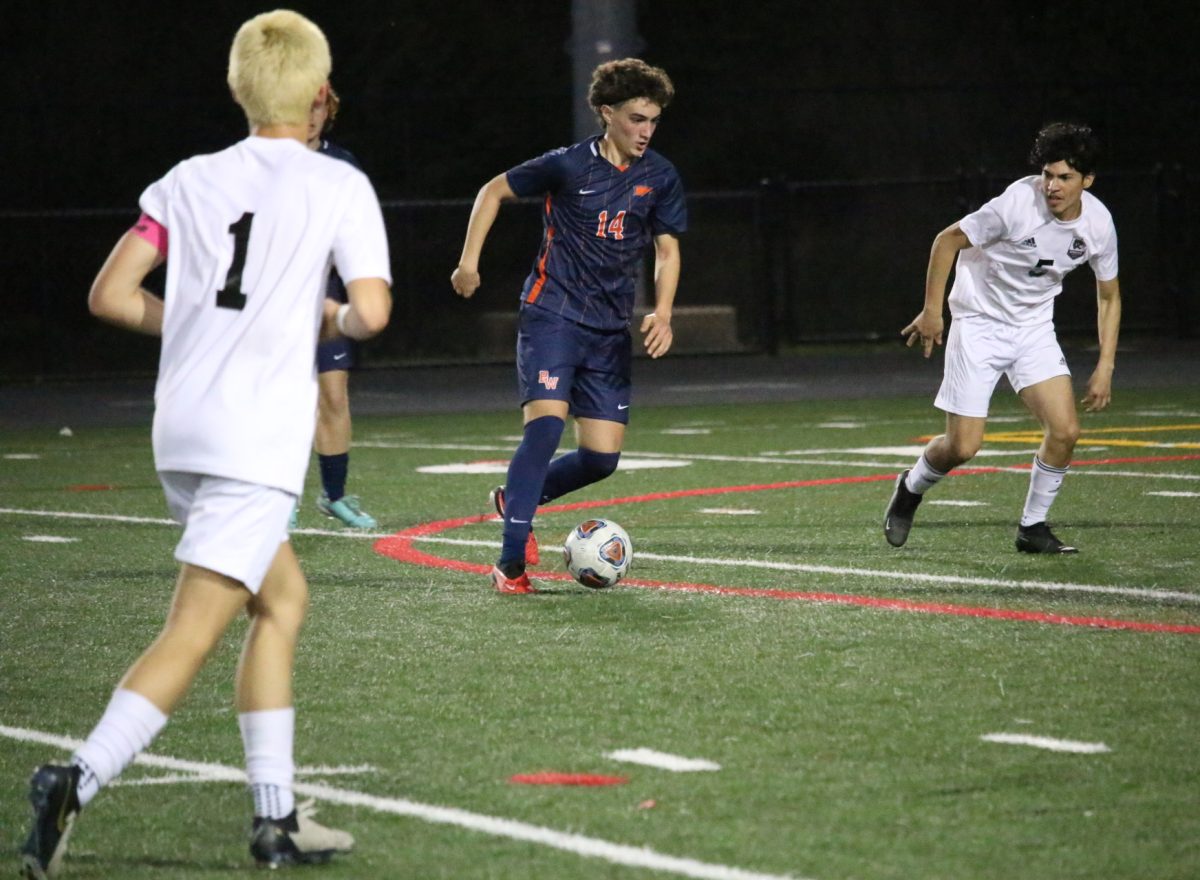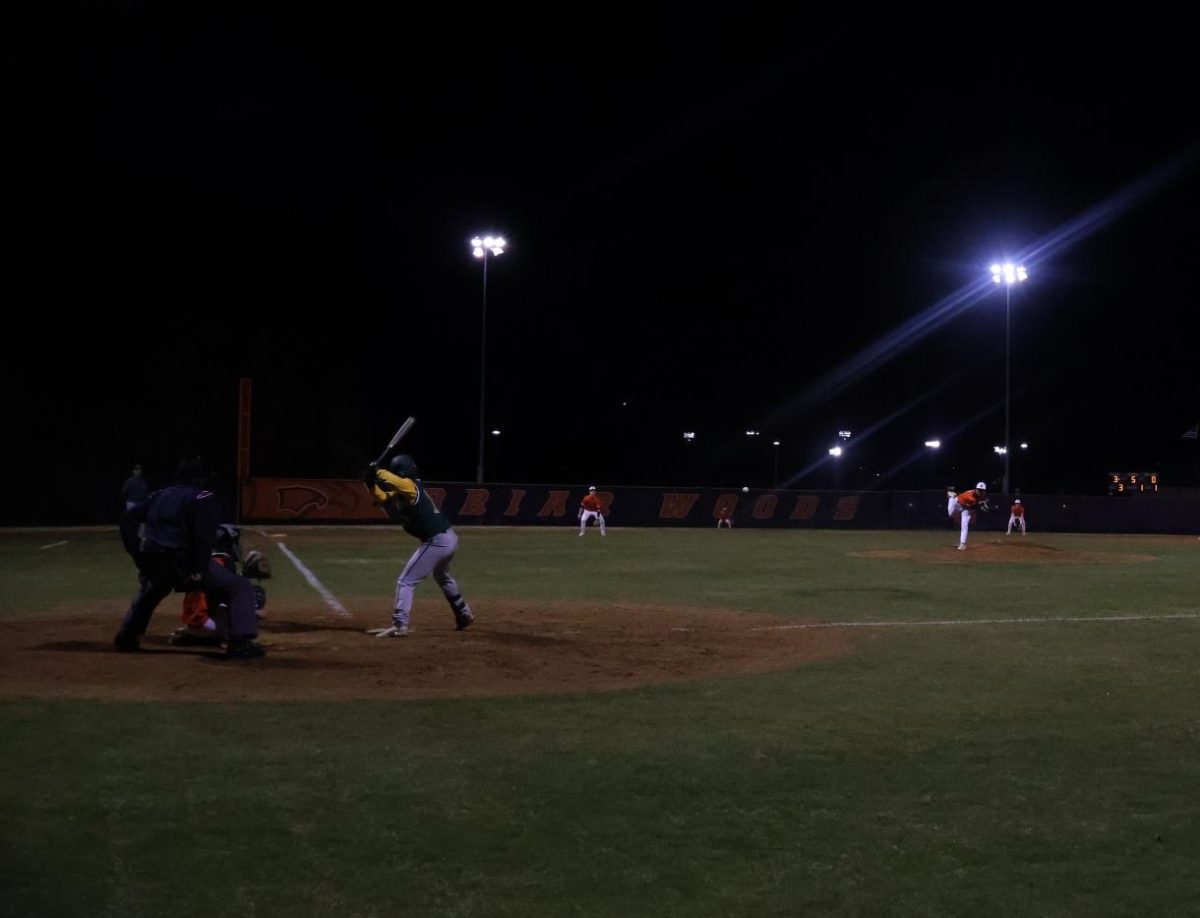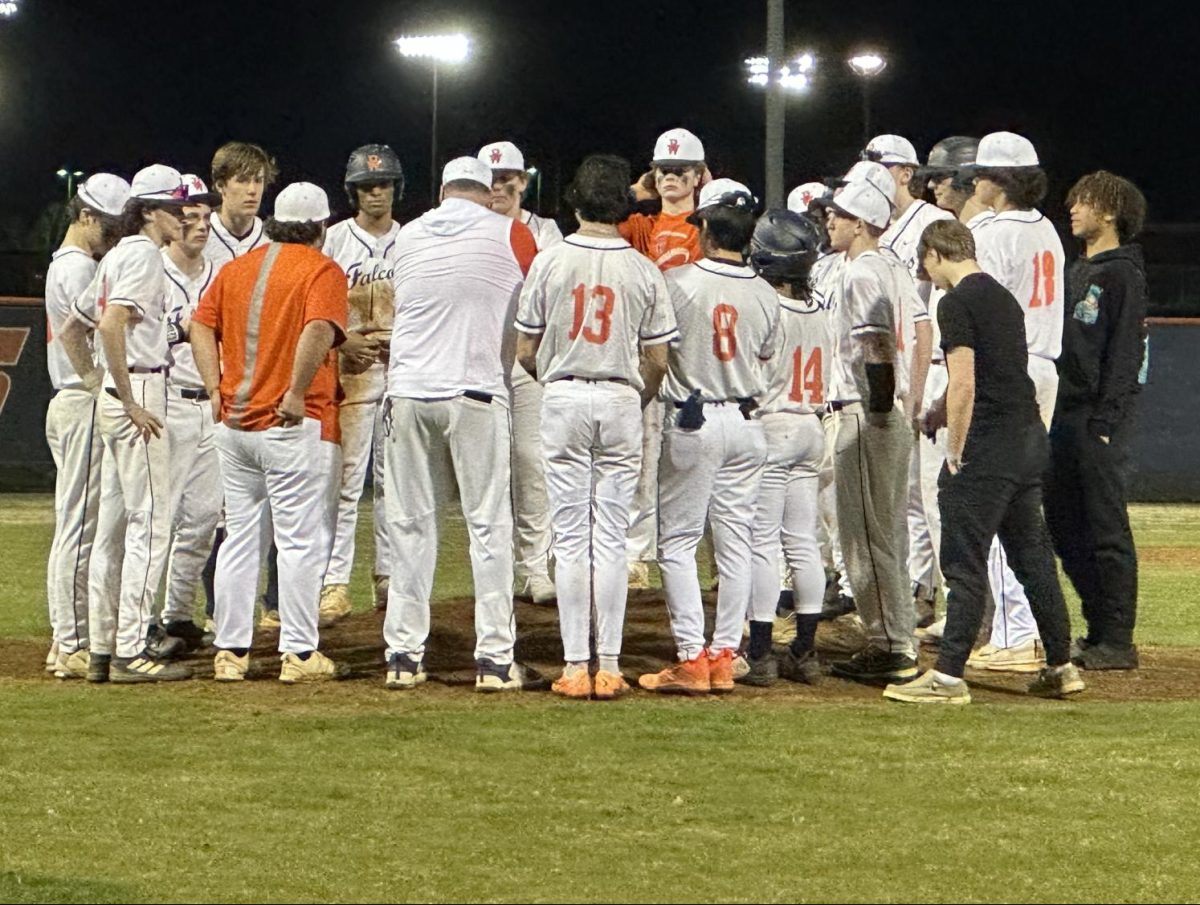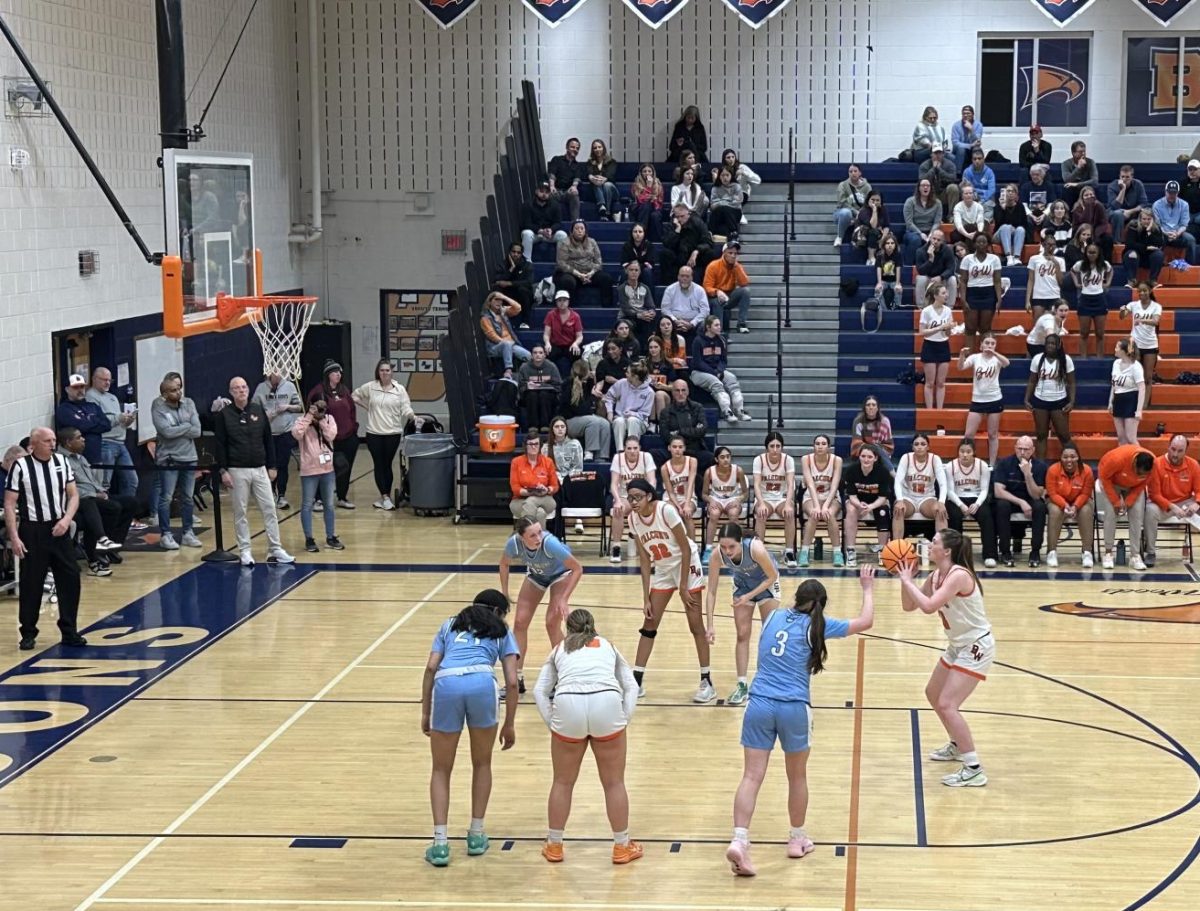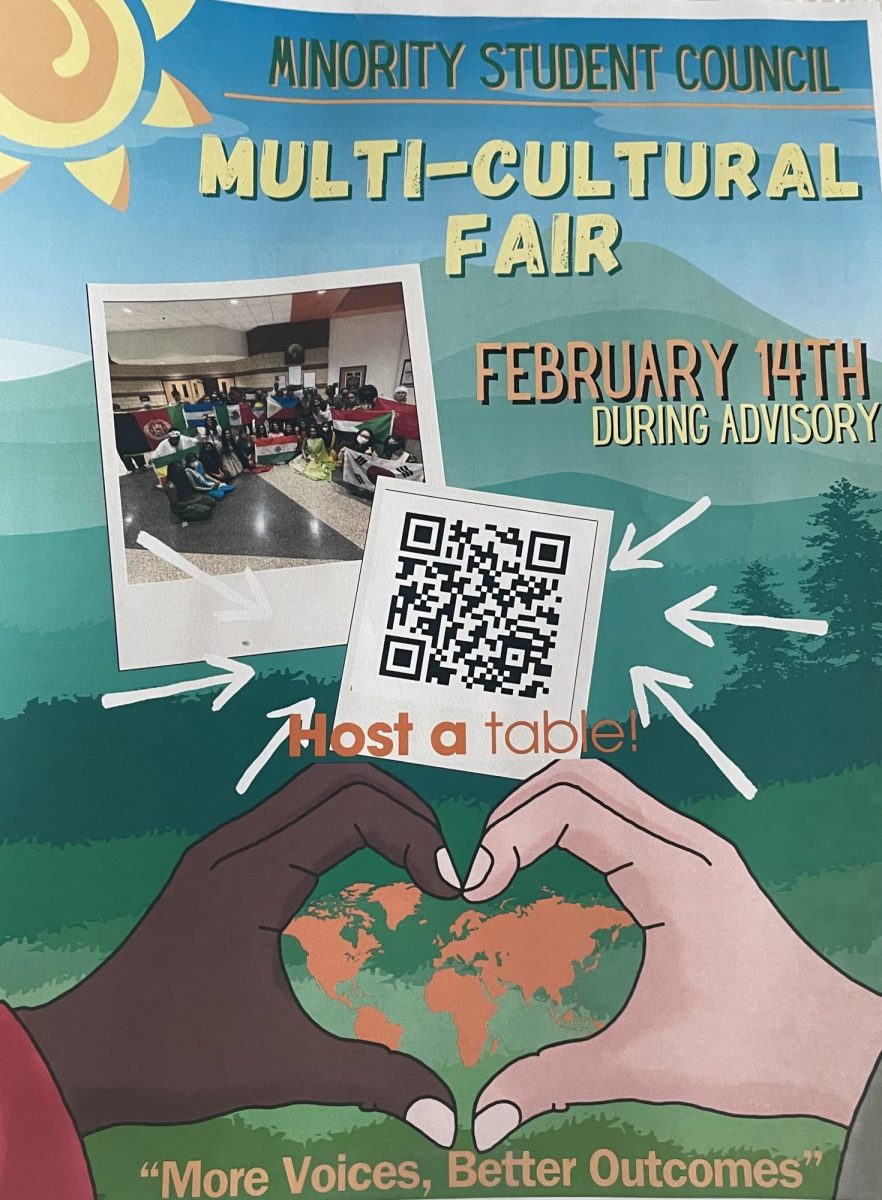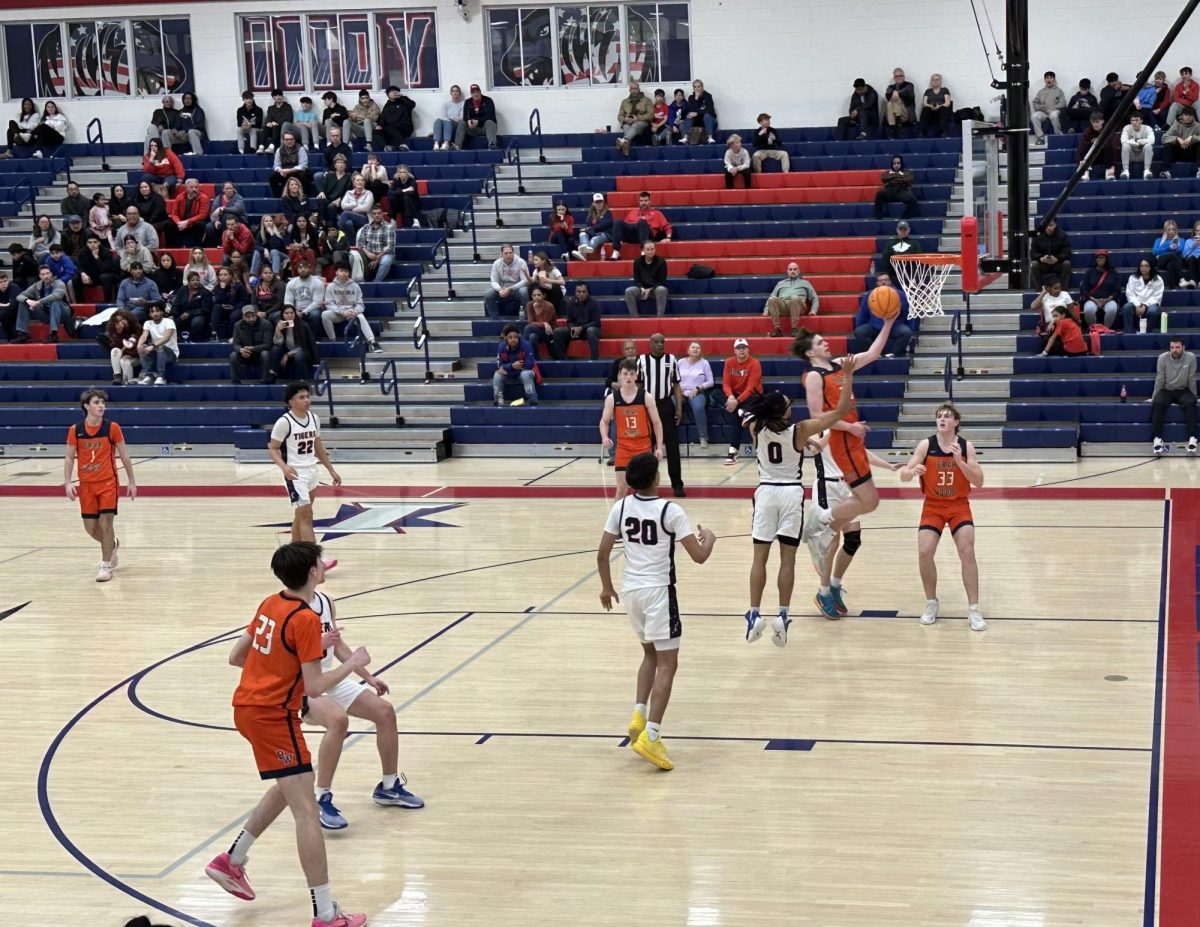Hear ye, hear ye! Students, do you yearn to go further in your education? Do you wish to be among peers who share your passions? Do you seek a way to strengthen your own student resumé and spend your summer advancing your academic career? Students, do you wish you could do this all for free? Look no further than the Summer Residential Governor’s Schools (SRGS)! The Summer Residential programs offer intensive educational experiences with the subject of their choice; at a quick glance, courses range from law to engineering, agriculture to dance, theater to meteorology, and more!
The State of Virginia has served students through the summer academies for fifty years, and the continued existence of the academies is a testament to their merit. If its record isn’t convincing enough, I’ve asked two past participants to list their favorite experiences with the academies as well as one piece of advice for any student thinking of applying.
Nebil Mohammed is a twelfth grade student attending Thomas Edison High School. He took part in the Virginia Governor’s World Language Academies this past summer. Nebil said that his goal in attending the French Academy was “to improve [his] French and play soccer.” When I asked him what his most important lesson from the academy was, he replied that “immersion is really the best way to learn languages.” To any future attendees, he offered advice from his own experience. “Do it,” he says to anyone considering applying, “it’s a very unique experience. And learn Spanish and German, it will serve you well during the international ball.”
Abigail Miller is a twelfth grade student here at Briar Woods and a former participant of the PAVAN Regional Governor’s School for the Arts. Her biggest motivation for getting involved in the academies was to improve her guitar skills. “My biggest takeaway,” she says of PAVAN, “was definitely the community. Guitar students don’t really have the opportunity to meet other guitar players outside their school that often,but PAVAN allowed me to meet so many amazing people from across the state that all share the same interest as me!” When I asked her to pass on a piece of advice for future participants, she had this to say: “My biggest piece of advice to anyone considering PAVAN would be to try your best. The people who taught me at PAVAN were really kind and understanding. They recognized that the program was only two weeks and weren’t expecting perfection—just your best. I think that atmosphere really allowed people to thrive.”
Every academy is different, but every program demands a great deal of commitment. The programs each last for one month during which students are separated from family and friends. There is no outside visitation in any academy. Cell phone use is allowed—to a reasonable extent—in most academies save for the world language programs. The French, Spanish, and German Governor’s academies do not allow any form of communication with the outside world other than hand-written letters.
For those students with prior experience in the Governor’s Academies, there are caveats. In order to serve as many students as possible, Virginia students can only attend one summer residential school in their high school careers. This means that an alumnus of, say, the French Summer Residential Academy cannot attend any other of the SRGS programs even if they are otherwise eligible.
Applications for the academies vary across programs. That being said, every application is facilitated by Survey Monkey and shares certain key aspects.
First, every program requires personal and academic information; most importantly, this step is where students list their extracurriculars, awards, and prior experience to demonstrate their involvement in the subject.
Second, students must undergo testing (French, Spanish, German, Latin), write an essay on a topic given to you (MS&T, Humanities, Marine Science, Engineering, Agriculture) or neither (Visual and Performing Arts). Applicants to the Japanese academy with no prior experience in the language are required to write an essay, while those with some level of skill must undergo testing (to determine class composition, not acceptance).
Third, students must secure two recommendations: one from a teacher of a course relevant to the student’s interest, and one from another adult. These recommendations comprise a scaled and narrative portion. Recommenders must rate students on a table of skills relevant to the academy, then provide anecdotes as to how the student embodies these traits. The final part of the application is a recommendation from the principal and the gifted program coordinator—this final part is usually done by a teacher or coordinator.
The state deadline for summer residential school applications is January 31st of next year. If you are considering applying, reach out to your teachers now!



